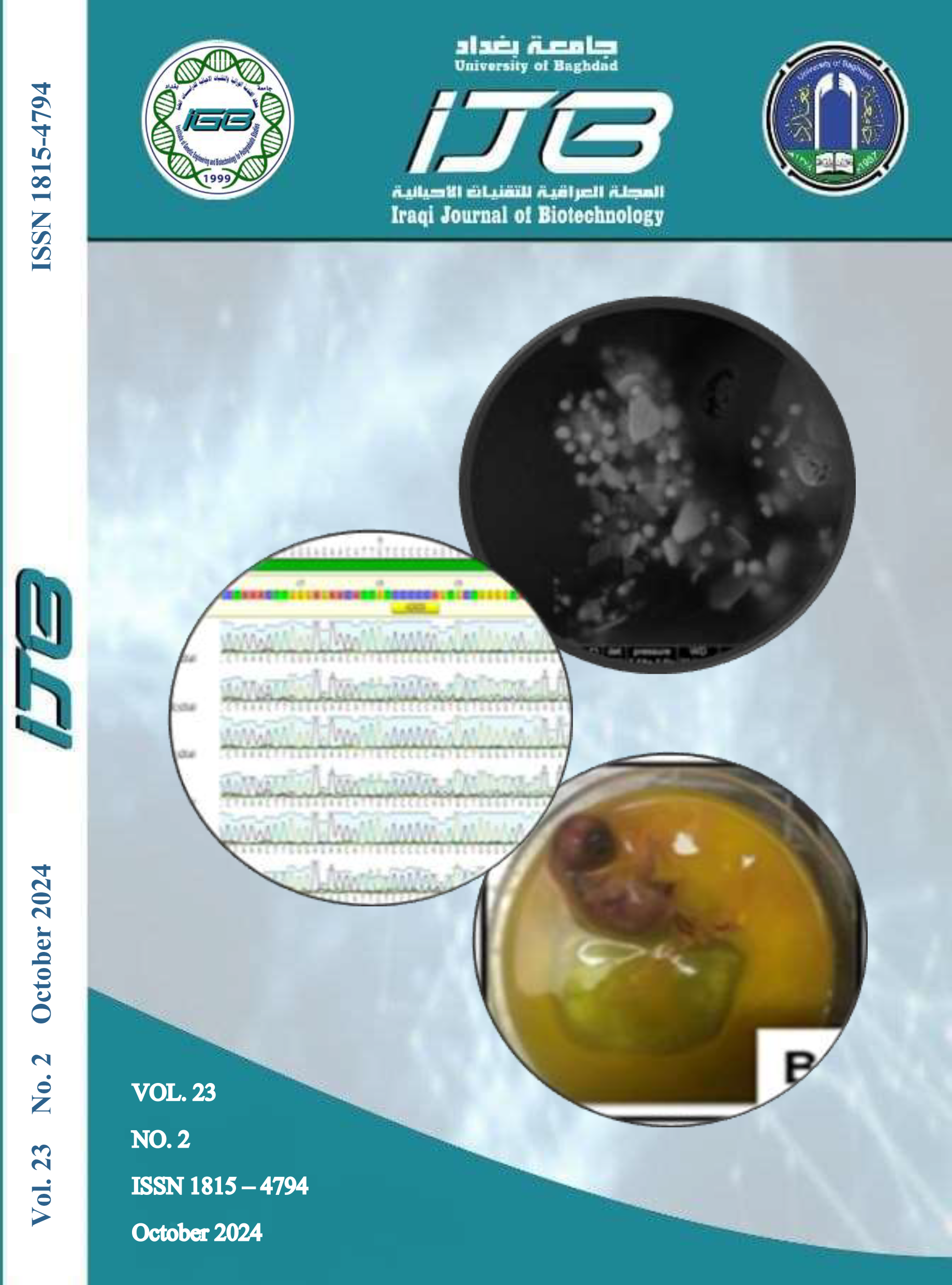Evaluation of IL27 Gene Expression Related with Treatments in Samples of Multiple Sclerosis Iraqi Patients
Abstract
Background: Multiple sclerosis (MS) is a neurological and demyelinating illness that causes persistent nerves inflammation. The causes of this illness are varied and complex. The goal of the current research was to evaluate Interleukin-27 (IL27) gene expression in a sample of Iraqi patients with MS. Methods: Blood samples were collected from 75 Iraqi patents suffered from MS, who taken various treatments as Interferon-ß, Fingolimod, Retuxan and Natalizumab. Also, the study included 75 apparently healthy volunteers as a control group, all subjects with age ranged between (22-58 years). IL27 gene expression was estimated by using Real-time Polymerase Chain Reaction (RT-PCR). The statistical analysis was done by Statistical Analysis System (SAS) to identify the impact of different factors on research parameters Results: The results found that the most commonly medication used in treatment MS Iraqi patients was Betaferon 30 (40%) followed by Gilenya 23(32%) with highly statistical significant (P≤0.01).The results of estimation IL27 gene expression showed noteworthy decrease in patients’ group (1.25+0.08 fold) when compared with control group (3.24+0.09 fold) at highly significant difference (P≤0.01), also the outcome of treatment effect on IL27 gene expression in MS patients revealed that no significant differences between medication types in spite of the patients who taken Betaferon had the highest level of IL27 gene expression (1.40+ 0.09 fold) among other patients . Conclusion: It was concluded that a significant decrease of IL27 gene expression levels in MS patients as compared with control, and these levels were not affected by the different of treatments types.


